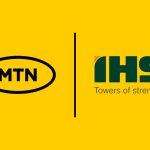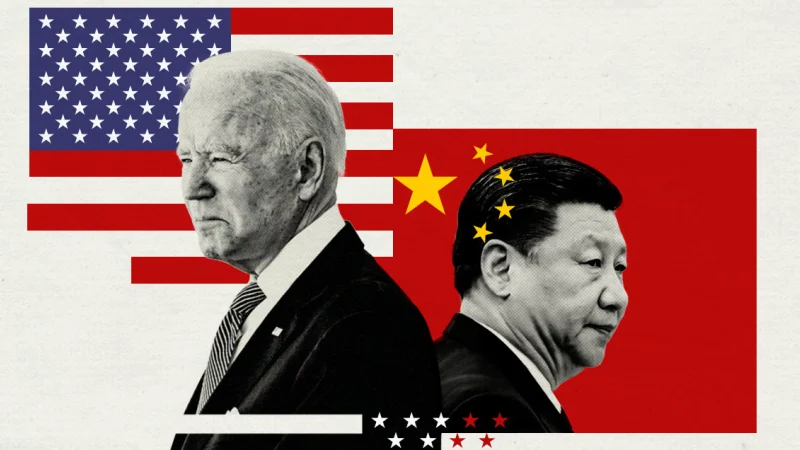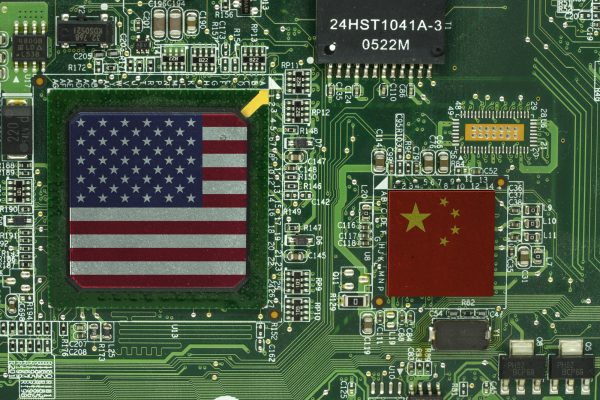Top Authors
Popular Posts
ATCON Leadership Visits NCC, Strengthens Collaboration on QoS and Underserved Areas
NCC Calls for Stakeholder Input on Review of National Telecommunications Policy 2000
MTN’s $6.2bn IHS Deal Faces Federal Government Review Amid Telecom Monopoly Concerns
Chip Wars: Will Cell Phone Take The Laptop Crown?
November 7, 2023
As industry leaders in chip manufacturing vie for supremacy,...
US Escalates Tech Battle by Cutting China Off AI Chips
October 18, 2023
The Biden administration is reducing the types of semiconductors...
Europe Joins the US in its Chip War with China
Europe’s biggest producer of advanced chipmaking technology has...
US-China Chip War: Major Microchip Firm Says China Employee Stole Data
February 17, 2023
Major computer chip equipment maker ASML says a former employee...
US-China Chip War: How the Technology Dispute is Playing Out
December 17, 2022
The US is rapidly ramping up efforts to try to hobble...
US Chip Makers Hit by New China Export Rule
September 3, 2022
Shares of major chipmakers Nvidia and AMD have fallen amid...















